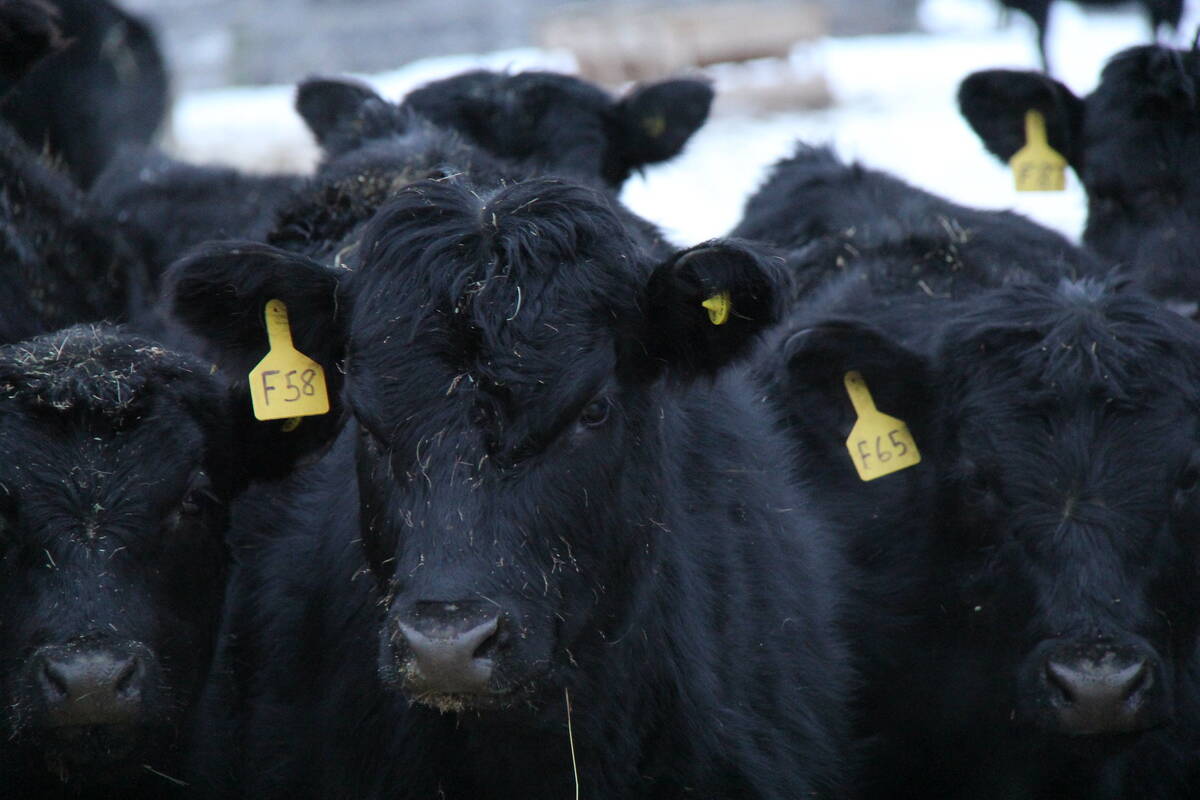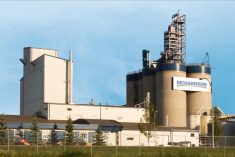University of Saskatchewan researchers will soon use $5 million in funding to test the effectiveness of newly developed vaccines to protect cattle against contagious bovine pleuropneumonia in Kenya.
Scientists from the university’s Vaccine and Infectious Disease Organization-International Vaccine Centre (VIDO-InterVac) and the Kenya Agricultural and Livestock Research Organization will work together over the next 40 months to see if they have a successful vaccine for the bacterial infection. It is highly contagious and kills a large percentage of infected animals.
The infectious lung disease is an important disease in North America, affecting cattle and bison, but it’s also a big issue in sub-Saharan Africa, where it affects the livelihood of 24 million Africans and causes more than $60 million in losses each year.
Read Also

Under Trump, U.S. cedes its share of China’s beef market to Australia
Australian beef has replaced U.S. supply in China since President Donald Trump returned to the White House.
“We’re now at the stage where we’re looking at scaling up processing, actual manufacturing. They’re starting to produce this vaccine and test it in the field,” said Volker Gerdts, associate director of research at VIDO-Intervac.
“What we learn from the vaccine over there and how well it will perform in the field will help us come up with a similar approach here in Canada.”
In Africa, the disease is caused by Mycoplasma mycoides, subspecies mycoides. A similar species of bacteria, Mycoplasma bovis, causes significant losses in North American cattle and bison producers.
“What can be learned from this is to see how this novel vaccine technology performs in cattle against the same type of bacteria, which could then potentially be applied for vaccines in North America for the type of mycoplasma diseases that we have here,” said Gerdts.
The project is being supported by Canada’s International Development Research Centre and Foreign Affairs and Trade and Development Canada under the Canadian International Food Security Research Fund.
Gerdts said the ultimate goal is to produce a heat stable, cost effective vaccine that is accessible to all farmers in countries that have a problem with the disease.
Contact william.dekay@producer.com

















